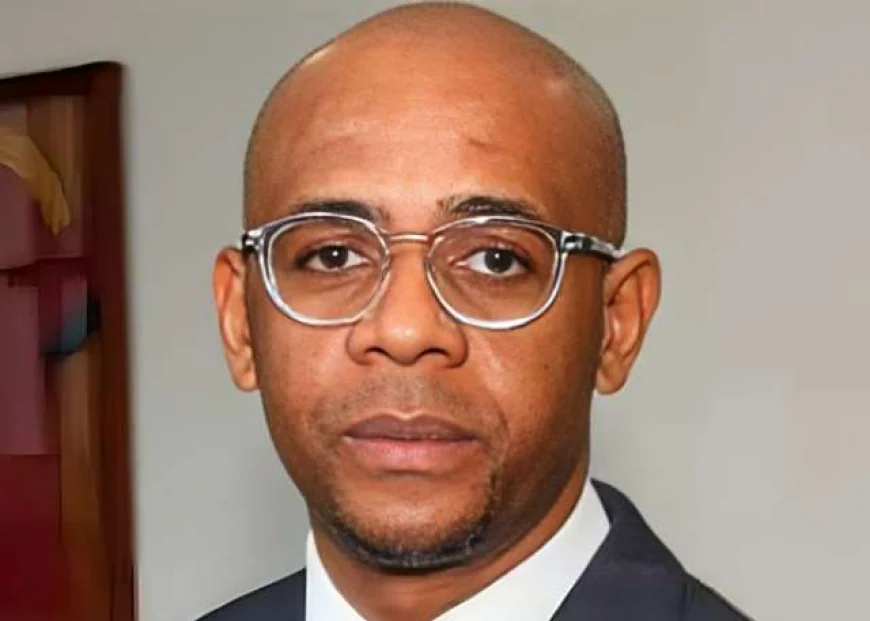Sex, Scandal and Sentencing: Baltasar Ebang Engonga Jailed in Equatorial Guinea
Former top official Baltasar Ebang Engonga has been sentenced to eight years in prison for embezzlement. Once head of the country’s National Agency for Financial Investigation and a nephew of President Teodoro Obiang Nguema, Engonga was found guilty of diverting state funds. His conviction follows a high-profile scandal after investigators uncovered over 400 explicit videos on his work computer, many filmed in government offices. The revelations led to his dismissal and sparked widespread outrage across the nation. The ruling marks a rare move against a powerful figure in Equatorial Guinea and has fueled debate on corruption, governance, and accountability in the country.
In a dramatic turn of events that has captured international attention, former financial investigator and presidential nephew Baltasar Ebang Engonga has been sentenced to eight years in prison for embezzlement. The ruling comes in the aftermath of one of the most explosive scandals in Equatorial Guinea’s political history, combining financial crime with personal misconduct at the highest levels of power.

Charges and Conviction
A provincial tribunal found Engonga guilty of diverting state funds, including allowances meant for official travel, into his own accounts. The court handed down an eight-year custodial sentence and imposed a substantial financial penalty. The ruling reflects a growing, if cautious, willingness by the country’s judiciary to confront corruption among senior officials.
The Scandal That Rocked the Nation
The case erupted in November 2024 when investigators discovered more than 400 explicit videos on Engonga’s work computer during a financial probe. The footage, much of it filmed in government offices and involving women linked to senior officials, quickly circulated online, triggering outrage and embarrassment both within Equatorial Guinea and abroad.
The revelations led to Engonga’s dismissal by presidential decree and prompted new directives on security and workplace conduct in government buildings.
Political and Social Implications
Engonga’s fall from grace is not only a personal tragedy but also a political flashpoint. As a member of the ruling family and former head of the National Agency for Financial Investigation, he once held significant influence within the state’s anti-corruption framework. His conviction has therefore been interpreted both as an act of accountability and as a symbolic warning to others in government.
Observers note that the scandal has deepened public mistrust in state institutions but has also opened rare space for dialogue about transparency, governance, and the rule of law in one of Africa’s most tightly controlled states.
A Cautionary Tale
From powerful insider to convicted criminal, Baltasar Ebang Engonga’s trajectory underscores the dangers of unchecked privilege and abuse of power. His downfall highlights the fragility of integrity within political systems marked by nepotism and secrecy.
Whether this case signals a genuine shift toward accountability in Equatorial Guinea or remains an isolated display of political theater is yet to be seen. For now, it stands as a striking reminder that even those closest to power are not beyond the reach of scandal and justice.




